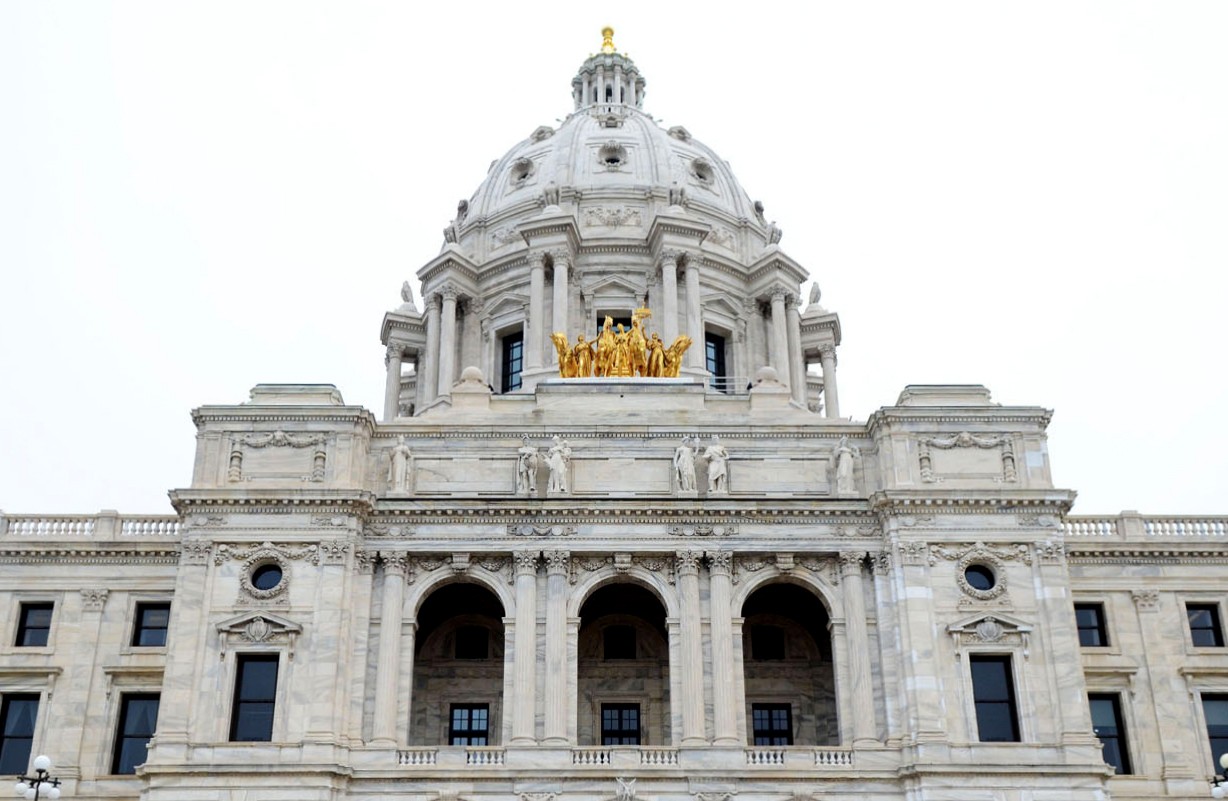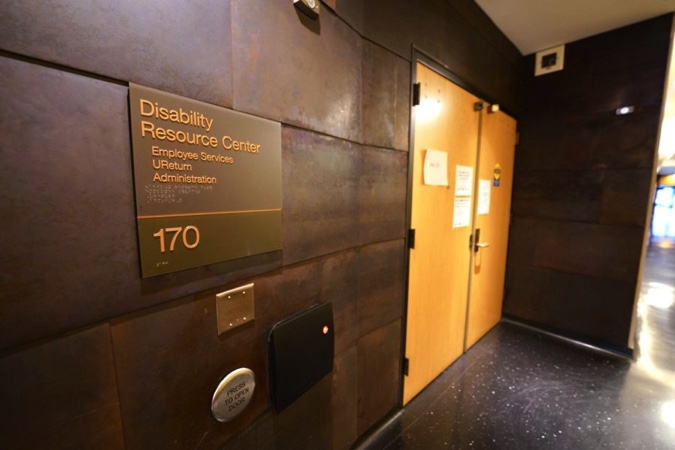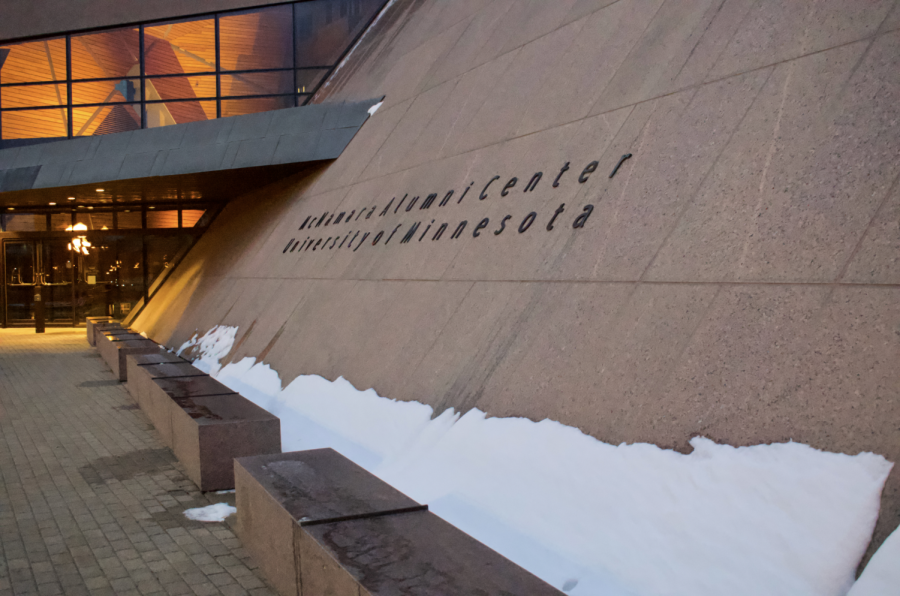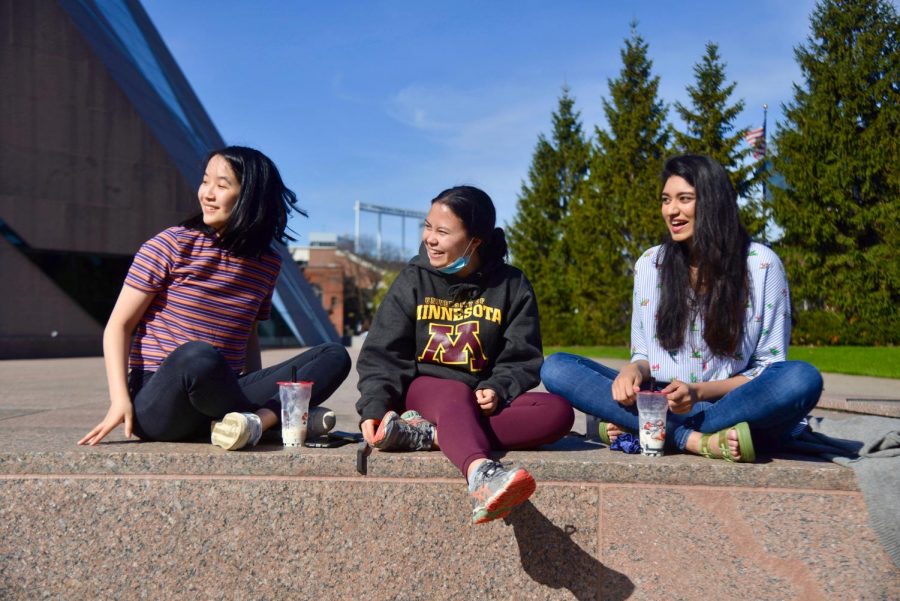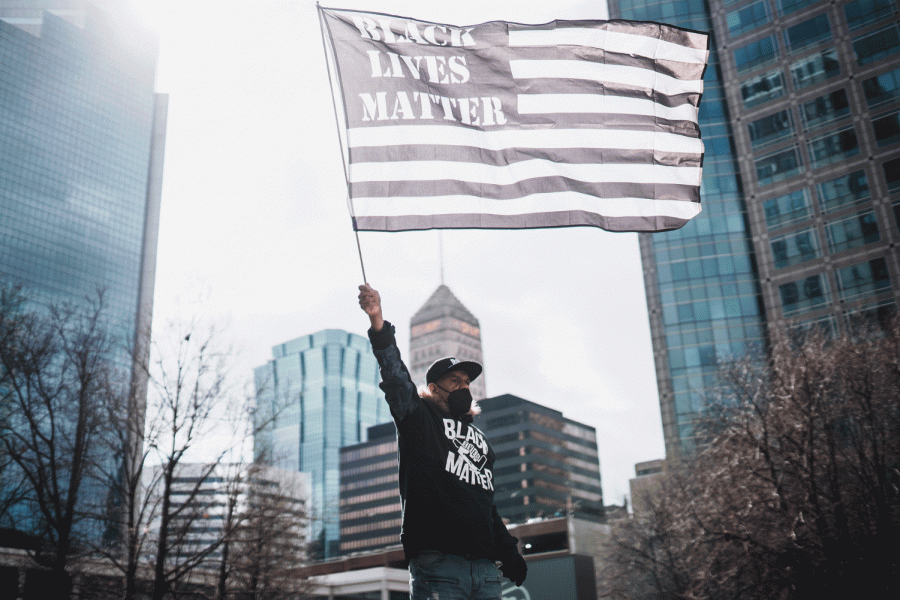As the coronavirus pandemic carries into its second week, lawmakers will prioritize “essential” legislation, including relief efforts and infrastructure funding.
The Legislature will reconvene Thursday to act on legislation to provide COVID-19 relief despite initially suspending session until mid-April. Lawmakers say capital investment, which includes the University’s request, will remain a priority. But non-pandemic legislation, like some higher education bills, will likely be postponed until next session.
The number of novel coronavirus cases in Minnesota continues to increase, with 287 confirmed cases statewide reported by the Minnesota Department of Health on Wednesday.
Immediate response to COVID-19
Gov. Tim Walz has signed almost two dozen executive orders since declaring a peacetime state of emergency March 13. Among the orders are the cancellation of K-12 schools, suspension of evictions, and closure of restaurants, bars and other gathering places to prevent further spread of the virus.
The governor also announced a revised supplemental budget proposal Monday, which now includes an additional $356 million for the state’s response to the outbreak.
In the Legislature, lawmakers passed a bill March 9 allocating $20.9 million from the General Fund to the state’s public health efforts.
House DFL lawmakers introduced a package of bills the same day, including a $200 million bill to support healthcare providers statewide. The legislation includes $150 million in grants to fund healthcare facilities’ COVID-19 response, encompassing treatment supplies and equipment, overtime for staff, and patient outreach, among other costs.
These allocations were signed into law by Walz on March 17.
Other legislation put forward by DFL lawmakers includes compensation for hourly workers in school districts, ensuring health plans cover patients’ COVID-19 costs, and expanding unemployment insurance and paid sick leave for workers affected by the pandemic.
“We know that Minnesotans are facing significant medical concerns and financial hardships, and the Minnesota House of Representatives is working hard with the goal of a legislative session on Thursday to pass legislation to safeguard their health and economic well-being,” said House Speaker Melissa Hortman, DFL-Brooklyn Park, in a statement on Tuesday.
On the agenda for Thursday is a one-time $500 payment to more than 27,000 Minnesota families, grants to licensed childcare providers and state work study payments to students, among several other items.
Effect, or lack thereof, on bonding
Though lawmakers are preoccupied with the coronavirus response, Hortman said in a press conference last week that capital investment, along with bills with strong bipartisan support, are still a priority this session.
Sen. Dave Senjem, R-Rochester, chair of the Senate capital investment committee, said the current situation will not affect whether a capital bonding bill gets done before session ends May 18, nor the size of the bill itself.
But the types of projects that receive funding may change. Lawmakers may evaluate which projects make it into the bonding bill based on how quickly they can be completed and whether they can provide a boost to the state’s economy, he said.
“If one project may be a project that is more job-related, from the standpoint of providing future and ongoing jobs, that may get the nod over one that is not so much like that,” Senjem said. “I think we’ll be a little more sensitive [and] looking at projects from the standpoint of ‘Can they help us in a recovery phase?’”
As one of the biggest economic drivers in the state, the University falls into that category, said Chief Government Relations Officer JD Burton.
The Board of Regents approved the $317.2 million 2020 capital request in the fall. University President Joan Gabel presented the request to committees in both chambers earlier this session.
“We’ve had a lot of opportunities to make the case to the Legislature up to this point,” he said. “Moving forward, and up until we receive other information, we’ll provide answers and information as needed and make the case as appropriately as we can — understanding that the Legislature and the state are going to be focused on what is a much higher priority.”
Higher education bills deferred
While bonding will remain unaffected by the shortened session, the time constraints and cancellation of standing committee meetings will prevent several higher education bills from reaching the floor.
The Minnesota Student Association, the University’s undergraduate student government, has advocated for several pieces of legislation this session, many of which have been years in the making. Legislation like the medical amnesty bill, which received its first hearing this year after attempts in the last two legislative sessions, will likely have to wait.
“For myself, and for a lot of the folks that have been working on this legislation, it’s a bummer to not be able to see some of this stuff through this session,” said MSA Government and Legislative Affairs State Coordinator Sam Parmekar. “But we are really, really happy with the work that we were able to do.”
Though the bills will likely be delayed, Parmekar said MSA is monitoring COVID-19 legislation at the Capitol and focusing on student issues including housing and food insecurity related to the outbreak.
Other higher education legislation impacting faculty and researchers will also likely be put on hold. A bill authored by Rep. Hunter Cantrell, DFL-Savage, aimed to fund a task force at the University to study pharmacogenomics, or the study of personalized medicinal treatment based on a patient’s DNA, might be among the postponed proposals.
“All kinds of really good ideas are never going to be advanced this year because of that,” said Sen. Jim Abeler, R-Anoka, Senate higher education committee member and author of the companion bill. “It’s unfortunate, and I’m afraid that [the bill] is going to be one of those things.”
Pamala Jacobson, director of the University’s Institute of Personalized Medicine and main proponent of the legislation, said that while state funding likely won’t materialize this session, it won’t mean the end for the task force.
“We’ll bring it back next year,” she said. “That’s my plan … it won’t get deserted, it’ll just be that it’ll have to wait until next year’s session.”


